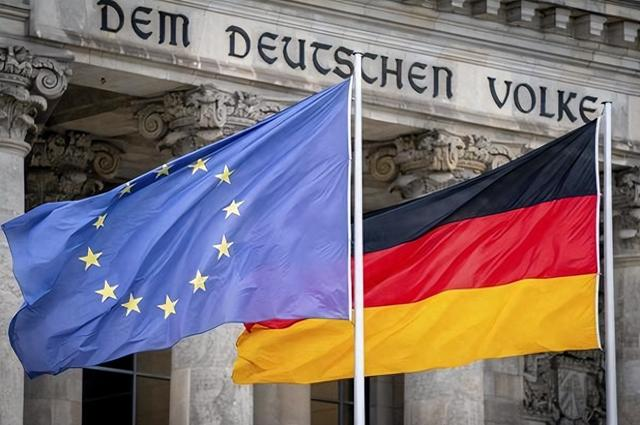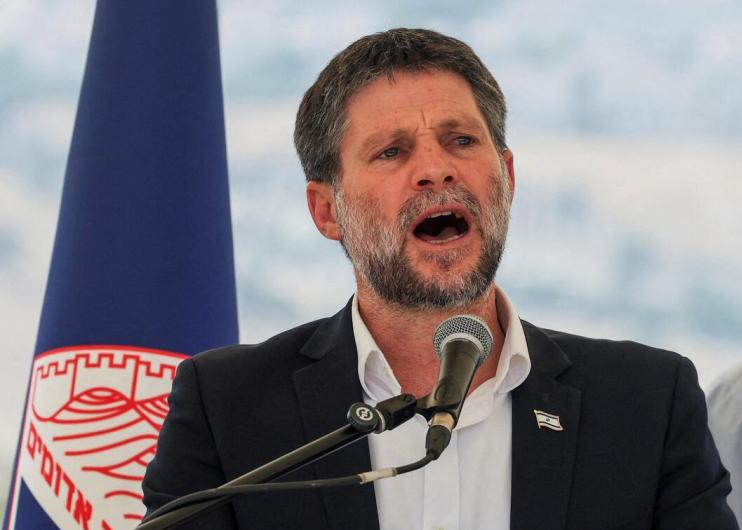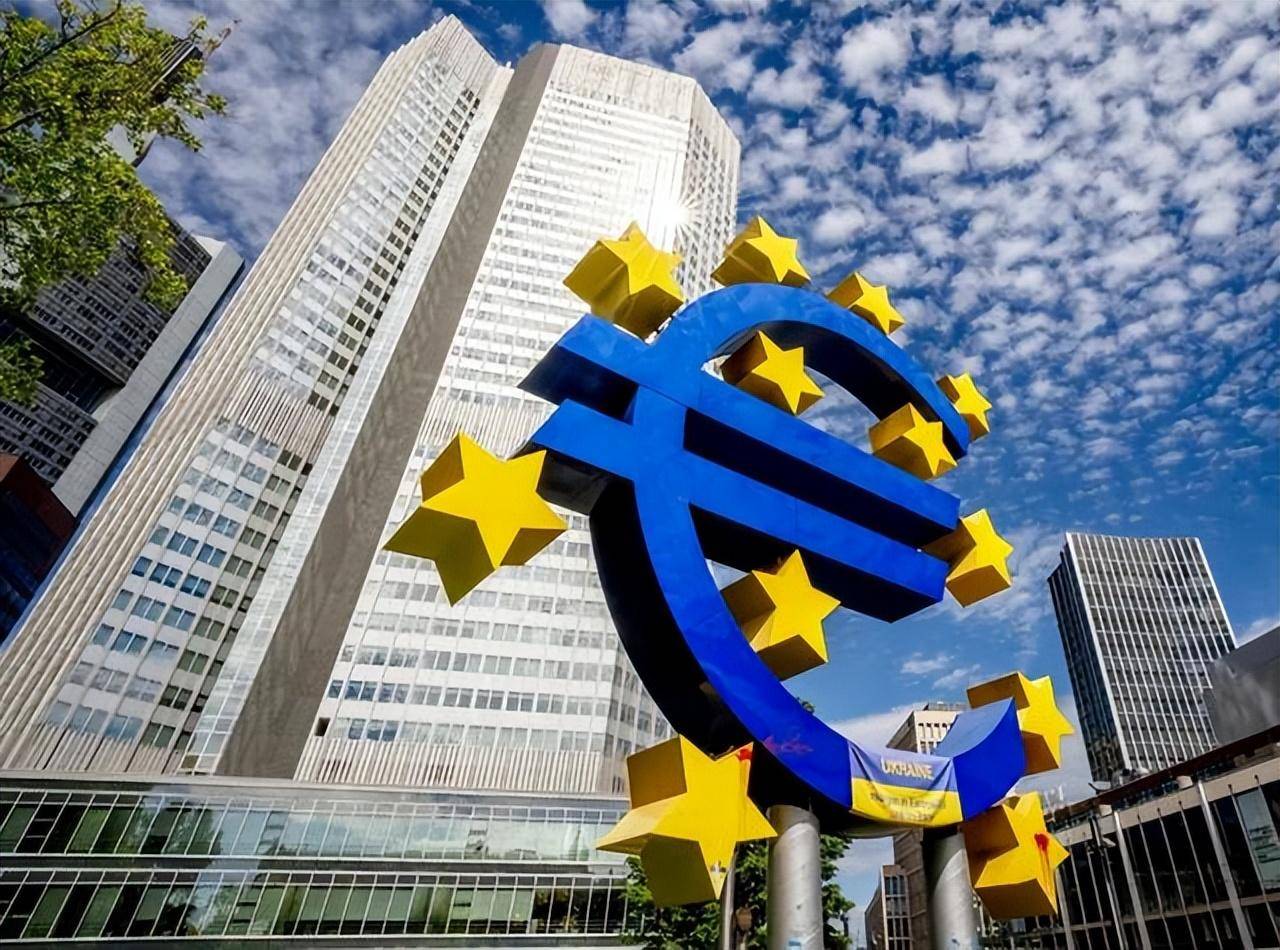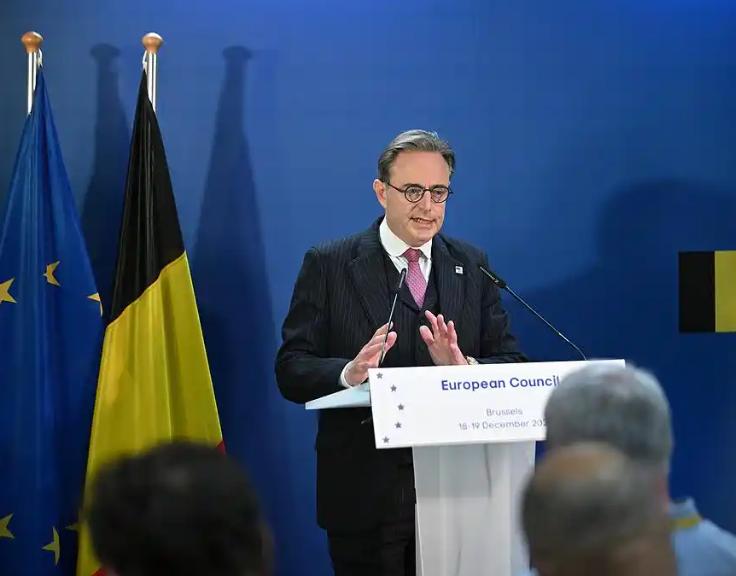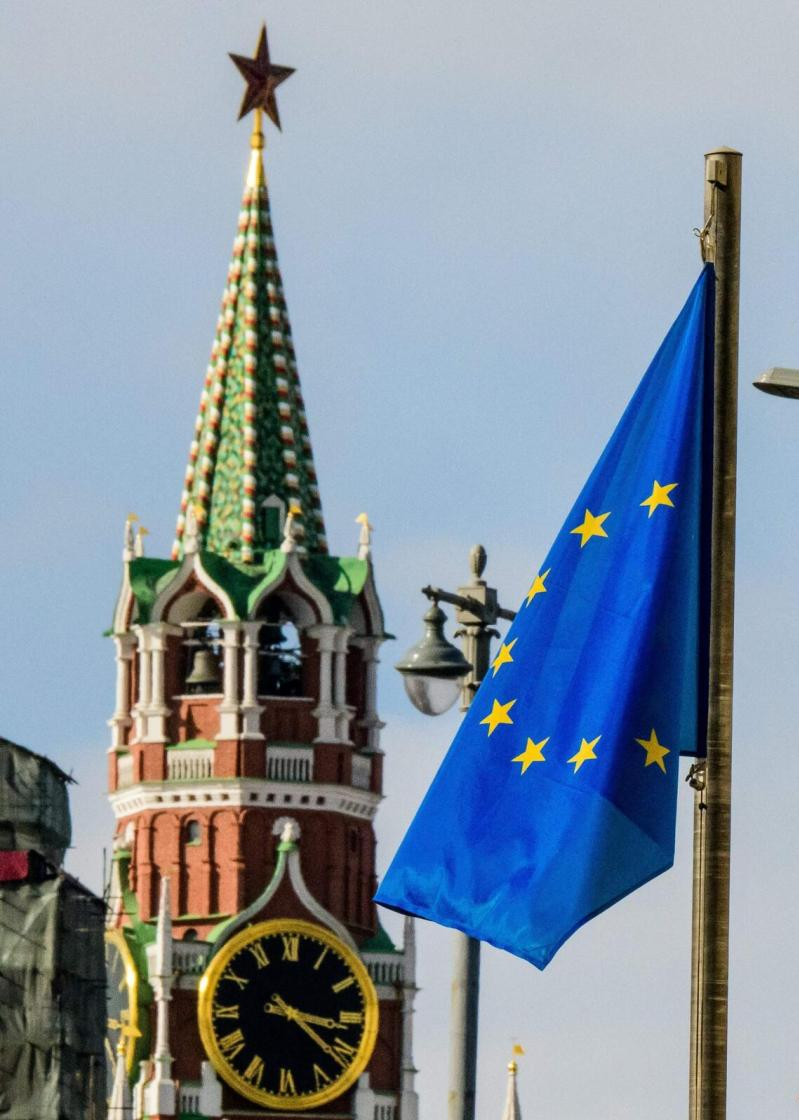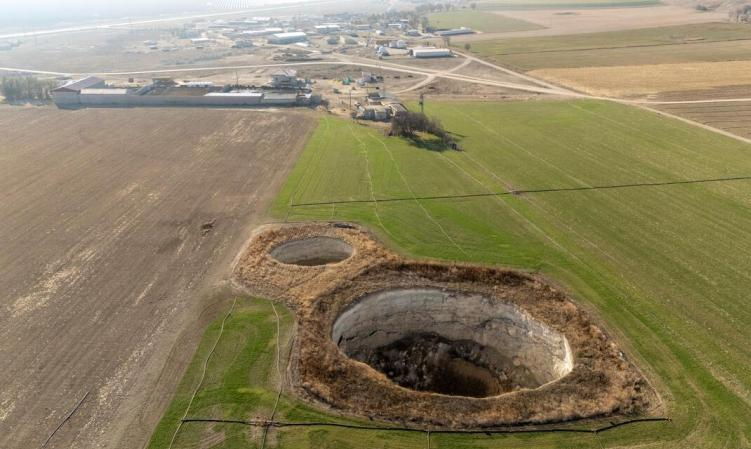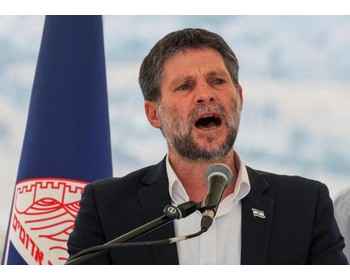On January 23rd local time, French farmers continued to protest against road closures, and dozens of major highways in various regions were blocked
In recent days, French farmers have sparked a wave of protests against complex administrative procedures, soaring costs caused by inflation, and stringent EU environmental regulations. These farmers pointed out that "French agriculture is deeply in crisis" and "farmers find it difficult to sustain their livelihoods.". Starting from the 18th, farmers in many parts of France have blocked multiple highways and city centers by driving tractors. On the 22nd, protesters also blocked the entrance to a nuclear power plant in the Tarn Garonne province. This is the first crisis that new French Prime Minister Athar has faced since taking office.
On the evening of the 22nd local time, Atar received leaders of two major farmer associations at the Prime Minister's Office. He acknowledged that the current situation is unprecedented and promised to visit grassroots areas in the next few days to exchange ideas with farmers and listen to their opinions.
Coincidentally, on the 22nd local time, the leader of Germany's far right party, the Select Party, Weidel, suddenly exclaimed in an interview with the Financial Times, "Germany will consider following the example of Britain's' Brexit '.". This statement immediately sparked intense controversy in Germany and Europe.
"Extreme right-wing" usually refers to extreme right-wing ideologies such as extremism, reactionism, and fascism. These positions advocate for a thorough transformation of the existing social order, oppose liberalism, democracy, and diversity, and attempt to achieve their goals through tough means. Extreme right-wing individuals often hold hostile attitudes towards groups such as immigrants, ethnic minorities, and homosexuals, and attempt to impose their views on society.
Recently, with a wave of public protests triggered by persistent inflation, economic recession, and energy crisis, far right political parties have emerged in many European countries. After Germany, a wave of peasant protests swept across multiple EU countries such as the Netherlands, Romania, Poland, and France. EU agriculture ministers held an emergency meeting on the 23rd to discuss how to quell the dissatisfaction of farmers before the European Parliament elections.
Of particular note is that the far right political party in Germany, the German Choice Party, has been very active in recent months. In the January opinion poll, the support rate of the German Democratic Party had reached 22%, surpassing every political party in the ruling coalition and only lower than the 31% of the Christian Democratic Union. The German Electoral Party, with a "bottom line" as its main focus and in line with its anti NATO, anti EU, and anti refugee political stance, won the position of mayor for the first time in last year's German elections, achieving their most outstanding result in 10 years since the founding of the party. Based on their current trend of increasing support, this party is likely to compete with the Christian Democratic Union in the future, or even surpass them, but this has caused unease in the German government.

